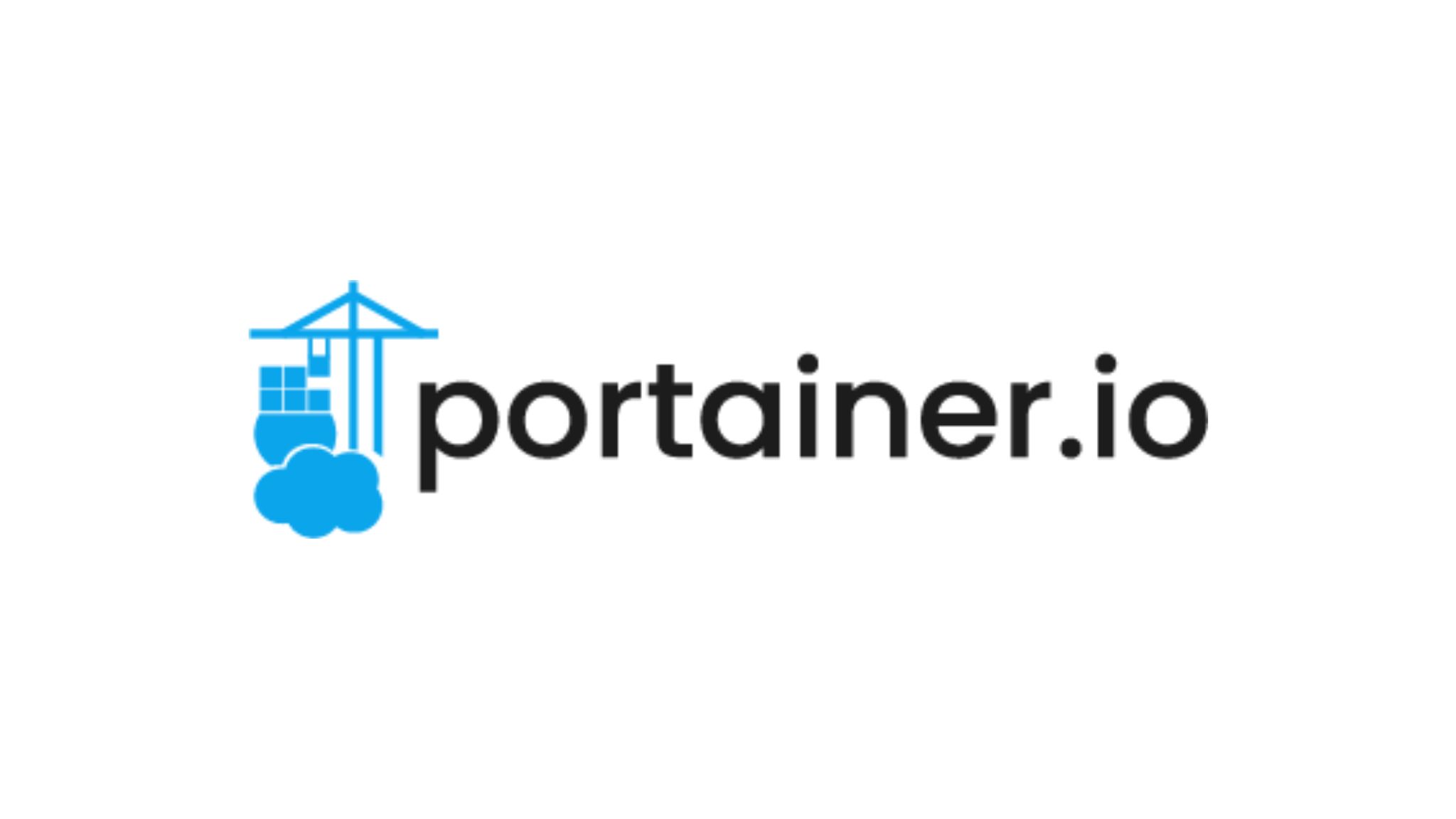Unlocking Docker Management: An Introduction to Portainer
 lyesweb
lyesweb
Portainer is a powerful, open-source tool designed to simplify Docker container management. It provides a user-friendly interface that allows developers and IT professionals to manage their Docker environments with ease. Here's an introduction to Portainer and how it can enhance your Docker management experience:
What is Portainer?
Portainer is a lightweight management UI that allows you to easily manage your Docker hosts or Swarm clusters. It provides a simple and intuitive interface for managing containers, images, networks, and volumes, making it accessible even to those who are new to Docker.
Key Features of Portainer
User-Friendly Interface: Portainer's web-based dashboard is designed to be intuitive, allowing users to manage their Docker environments without needing to use the command line.
Multi-Environment Support: Portainer supports multiple Docker environments, including standalone Docker hosts, Docker Swarm clusters, and Kubernetes clusters, providing flexibility for various deployment scenarios.
Role-Based Access Control (RBAC): With Portainer, you can define user roles and permissions, ensuring that only authorized users can access and manage specific resources.
Container Management: Portainer simplifies container management by providing features such as container creation, scaling, and monitoring. You can easily start, stop, and restart containers, as well as view logs and statistics.
Image Management: Portainer allows you to manage Docker images efficiently. You can pull images from Docker Hub or private registries, build images from Dockerfiles, and manage image tags.
Network and Volume Management: Portainer provides tools to manage Docker networks and volumes, enabling you to configure network settings and manage persistent storage for your containers.
App Templates: Portainer includes a library of pre-configured application templates, allowing you to deploy common applications with just a few clicks.
Benefits of Using Portainer
Simplified Management: Portainer's graphical interface reduces the complexity of managing Docker environments, making it easier for teams to adopt and use Docker effectively.
Increased Productivity: By streamlining container management tasks, Portainer helps teams focus on developing and deploying applications rather than managing infrastructure.
Enhanced Security: With RBAC and detailed audit logs, Portainer ensures that your Docker environments are secure and that you have visibility into user actions.
Getting Started with Portainer
To start using Portainer, you can deploy it as a Docker container on your host. The installation process is straightforward, and once deployed, you can access the Portainer dashboard through your web browser. From there, you can connect to your Docker environments and begin managing your containers with ease.
In conclusion, Portainer is an invaluable tool for anyone looking to simplify Docker management. Its user-friendly interface, combined with powerful features, makes it an excellent choice for both beginners and experienced Docker users. Whether you're managing a single Docker host or a complex Swarm cluster, Portainer can help you unlock the full potential of your Docker environments.
Subscribe to my newsletter
Read articles from lyesweb directly inside your inbox. Subscribe to the newsletter, and don't miss out.
Written by
